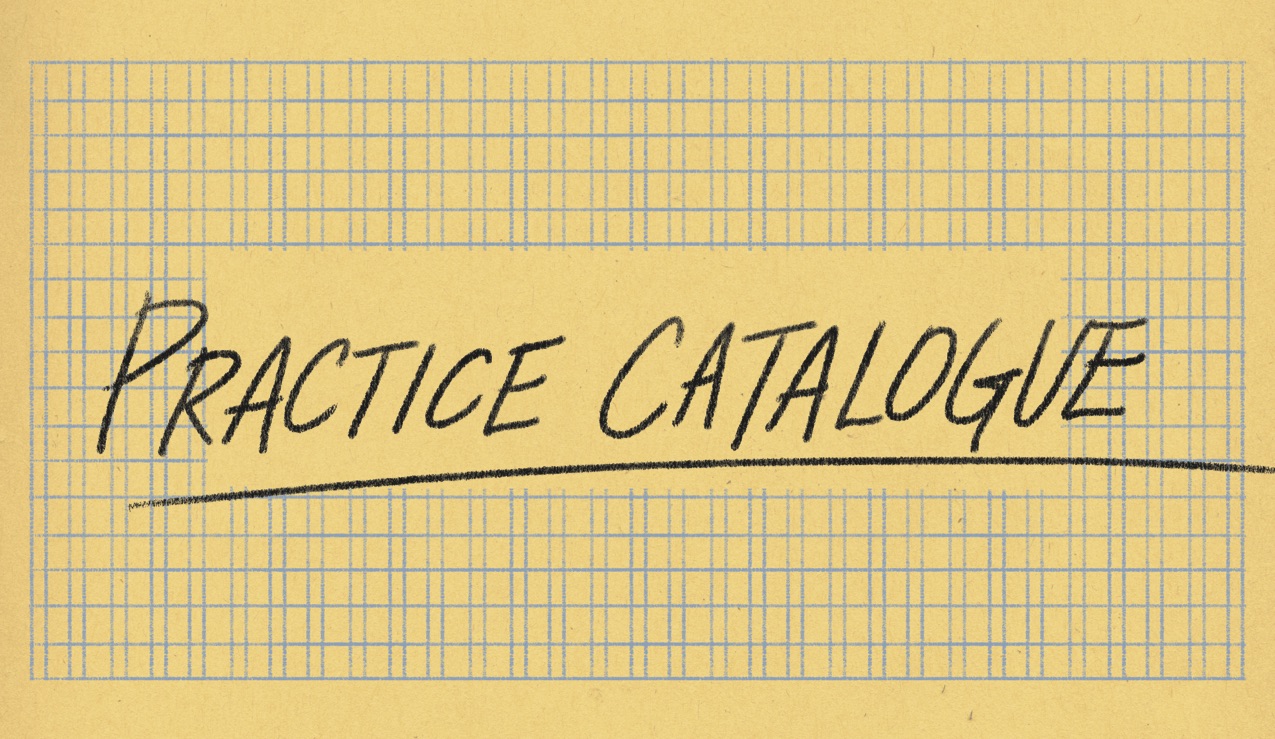On Eclipse
At the back of us were great blue spaces in the cloud. But now the colour was going out. The clouds were turning pale; a reddish black colour. Down in the valley it was an extraordinary scrumble of red & black; there was the one light burning; all was cloud down there, & very beautiful, so delicately tinted. The 24 seconds were passing. Then one looked back again at the blue: & rapidly, very very quickly, all the colours faded; it became darker & darker as at the beginning of a violent storm; the light sank & sank; we kept saying this is the shadow; & we thought now it is over — this is the shadow when suddenly the light went out. We had fallen. It was extinct. There was no colour. The earth was dead. That was the astonishing moment: & the next when as if a ball had rebounded, the cloud took colour on itself again, only a spooky aetherial colour & so the light came back. I had very strongly the feeling as the light went out of some vast obeisance; something kneeling down, & low & suddenly raised up, when the colours came. They came back astonishingly lightly & quickly & beautifully in the valley & over the hills — at first with a miraculous glittering & aetheriality, later normally almost, but with a great sense of relief. The colour for some moments was of the most lovely kind — fresh, various — here blue, & there brown: all new colours, as if washed over & repainted. It was like recovery. We had been much worse than we had expected. We had seen the world dead. That was within the power of nature…. Then — it was all over till 1999.”
[Virginia Woolf, diary of June 30, 1927]
(See also: Annie Dillard’s “Total Eclipse”)
